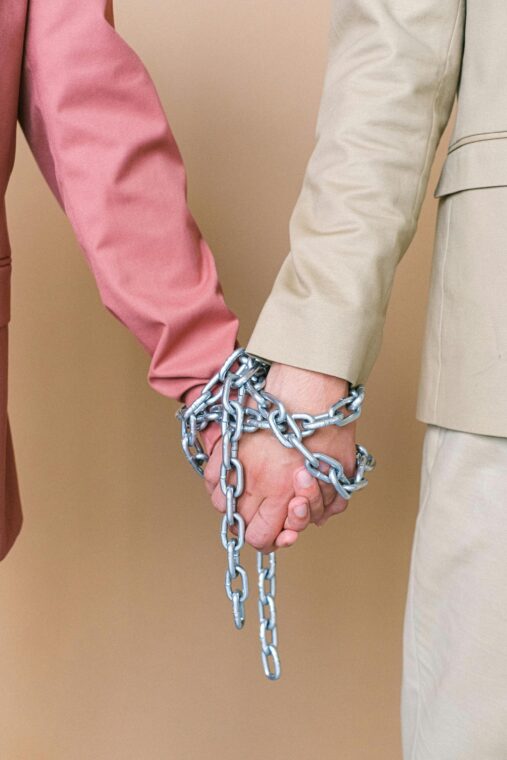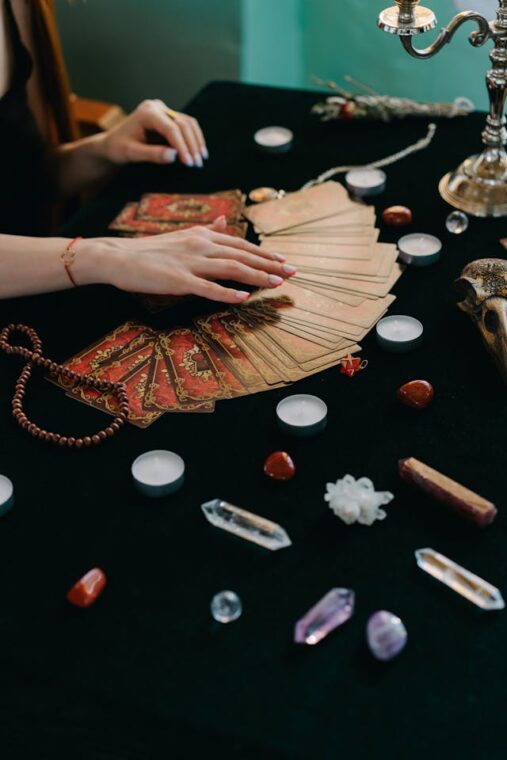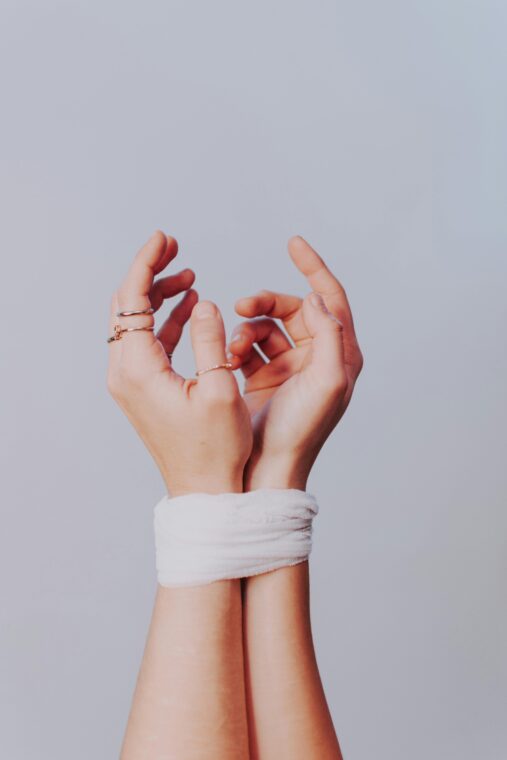There is nothing wrong with falling in love with someone. After all, falling in love is one of the reasons for being human. Being addicted to love, however, is not the same. Emotional cycles of alternating ecstasy, joy and despair, desperate longing, wistfulness, and even the extreme and sometimes damaging thoughts and behaviors that can follow from love’s loss are more synonymous to an addiction than to love (Earp et al., 2017). Love dependency, also known as relationship dependency or love addiction, is when a person becomes excessively attached to a romantic partner, or even to the idea of love itself. This dependency goes beyond normal feelings of affection and attachment, border lining if not becoming obsessive, which leads to unhealthy patterns that negatively impact one’s emotional well-being and relationships. In other words, you are so afraid of abandonment, that you have a constant, overwhelming need for your person/partner’s presence, believing that their companionship is es essential for your own well-being (Maglia et al., 2023).
How can I tell I’m addicted to love?
Love dependency is characterized by:
- An obsessive need for affection, constantly craving for love and validation from a partner
- Intense anxiety at the thought of being alone or losing the relationship (fear of abandonment)
- Loss of personal identity as you prioritize the relationship above personal needs, desires, and well-being
- Inability to end unhealthy relationships due to fear of being alone
Why is a love addiction harmful?
Again, falling in love is not bad, it is a wonderful experience, especially with the right partner. However, if you become addicted to love, you can have significant adverse effects on your life, such as remaining or seeking out toxic relationships.
- Your emotional and mental health will suffer due to chronic anxiety and stress about the relationship’s stability
- You may have feelings of inadequacy or failure when your relationship needs are not met
- You become overly reliant on your partner for validation, which diminishes self-worth, confidence, and you may have low self-esteem
- Your relationship may become imbalanced, with one person excessively giving and the other taking (codependency)
- Fear of being along can lead you to stay in abusive or toxic relationships
- Insecurity may manifest as controlling behaviors, such as jealousy and possessiveness
- You stagnate in life, as you overly rely on your partner which can prevent you from pursuing personal goals and aspirations
- Emotionally burn out because of the constant emotional investment without reciprocation
Someone who is high in love dependency is more likely to stay in an abusive relationship no matter the cost, because leaving their partners may trigger the underlying fear of that they are leaving or quitting life. Love-dependent people also believe that their partner’s love is more important (Messing et al., 2021) than any pain that the partner may be causing them (Effing et al., 2022). This may lead to intimate partner violence, and other abusive and/or narcissistic relationships.
When is love an addiction?
There is no universally accepted scale for measuring love addiction, but there are several key indicators of when love becomes an addiction.
- Frequency of obsessive thoughts, where how often the person thinks about their partner to the exclusion of other activities.
- Emotional dependency level, where one’s mood and self-worth depend on the relationship.
- Impact on daily function, where a person may have difficulty focusing on work, social activities, or self-care
- Behavioral signs and actions taken to maintain the relationship, such as excessive calling, texting or monitoring.
- Resistance to change, especially in adjusting behaviors despite recognizing their negative effects.
Getting a handle on the addiction
Love dependency is fundamentally like all other addictions – alcohol, workaholism, etc. If you feel you are addicted to love, here are some tips on how to handle it:
- Seek professional support to uncover the root causes and develop coping strategies. Going to support groups and sharing your experience can provide comfort and insight.
- Build self-esteem by setting personal goals, reconnecting with hobbies and passions that you enjoy and bring fulfillment, and nurture your physical, emotional, and mental health.
- Establish healthy boundaries by openly discussing expectations with your partner, and learning how to say no and expressing your feelings without fear of rejection.
Everyone deserves a healthy, loving relationship. Love is a fundamental need, but when dependency takes hold, the addiction can overshadow personal well-being and lead to unhealthy relationships.
References
Discover more from My Divine Shadow
Subscribe to get the latest posts sent to your email.



